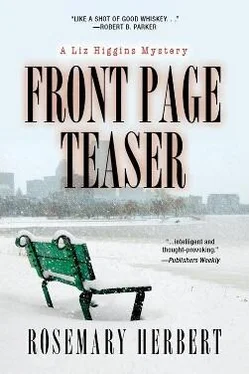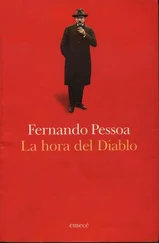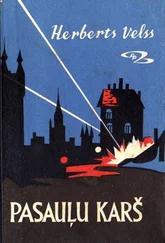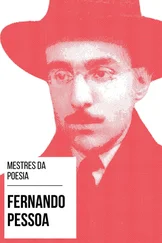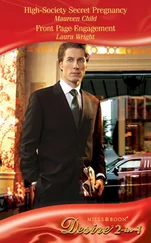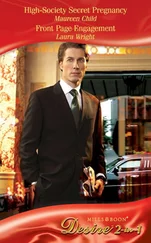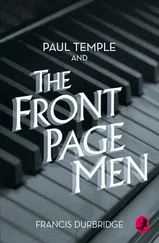In the early hours of the morning, after the first copies of the World reached the Banner ’s newsroom, night editor Esther O’Faolin saw to it that in late editions, Liz’s story got a front-page teaser headed: “TITLED GENTS: Do-Good Dealers Slammed Unjustly.”
New York City, December 16, 2000
Ellen waited at the elevator bay to ascend to the Windows on the World restaurant. Excitement about meeting Nadia was foremost in her mind, but it did not prevent her from noticing that the small crowd with whom she stood waiting for elevators was also a melting pot of peoples. While many were well dressed businessmen and women sporting corporate duds, they possessed complexions and facial characteristics from every corner of the world. Others in the crowd were an international mix, too, whether they wore the camera gear and belly packs marking them as tourists, casual dress and envelopes that identified them as couriers, the uniforms and clipboards that announced them as UPS or FEDEX delivery staff, or the garb of other workers, including telephone, copy machine, and computer repairmen. Ellen scanned every face she could see in case she and Nadia were already keeping company, but she did not recognize her pen pal among the elevator crowd.
The experience made her call to mind an arrival at a large international airport, where, after fetching baggage and going through customs, you step through double doors into a huge lobby to find yourself suddenly surrounded by a crowd of expectant faces. If you’re looking for someone from whom you’ve been long separated, you feel pressured to recognize the person first, so you scrutinize the crowd in earnest haste. But if you know no one is among the crowd to greet you, you nevertheless feel the full weight of the crowd’s attention and experience the urge to do something—a casual soft-shoe, perhaps, or quick juggling act—to merit it.
But Ellen was not the center of attention here. Except in the eyes of one Middle Easterner. And it was not Nadia.
Finally, the elevator doors opened. After some thirty people exited the single car, Ellen pushed forward to board it for its return trip. Then someone grabbed her shoulder firmly and spun her around.
“Ellen, Ellen!” Nadia cried out with delight. “I am giving thanks to Allah that it’s you. Only my pen friend could be wearing the scarf I sent to her twenty years ago.”
“You sent it to me for my fourteenth birthday, when you said I had become a woman. Oh Nadia, how wonderful to see you after all these years! And look, you are wearing the leather belt I tooled for you when I was thirteen!”
“Not, I am afraid, as easy to see as that scarf. I wonder, would you have recognized me if I hadn’t seen you first?”
Ellen paused. Then she said, “ Ya sadiqati al habibah aa rifuki kull al-awqat. ”
Nadia smiled and shook her head in pleased amazement, swinging her chicly bobbed brown hair from side to side. And then she pressed her cheek against Ellen’s and held it there for a good few seconds.
After opening their hearts to one another in letters for decades without laying eyes on anything but photographs of one another, the two women only had eyes for each other. Arm-in-arm, they joined the crowd entering an elevator.
Boston, Massachusetts, December 21, 2000
When Erik Johansson discovered the title to his wife’s car in his mailbox the following day, he shared the information with Ramona Hobart, host of the nationally broadcast morning television program, Wake Up USA . Erik had consented to an interview in order to spread the word about his missing wife to millions of American households.
Liz arrived in the newsroom to find a message from editor-in-chief James Conrad glowing in green letters on her ATEX terminal. “SEE ME ASAP,” it read.
Liz hardly knew what to expect when she arrived at the editor’s office. Certainly, it wasn’t the instruction, “Smile pretty and show your smarts.” But that was the advice Conrad gave her.
She’d seen similar happenings in the newsroom before but had never been the focus of them. Now, as Wake Up USA’ s production team arrived and set up lights in the newsroom, she knew those lights would shine on her. The idea was to show the journalist at work amid the sea of desks. Since Liz’s workstation was not near the city desk and large Beantown Banner sign, she was seated for the occasion at political columnist Fred Constanzo’s desk. When Constanzo walked away muttering, no one could be sure if he was voicing complaint about being bumped from his desk or mouthing lines from his latest column.
Liz was glad she’d chosen to dress in a reasonably respectable teal sweater and black skirt that day. She took off her snow boots and put on the pair of heels she kept under her desk. Then, wired with a microphone, and with no other preparation, she crossed her legs as the bright lights came on. Through an earphone hidden under her auburn curls, Liz heard the disembodied voice of Hobart herself.
“Now we turn to Liz Higgins, features reporter for the tabloid Beantown Banner ,” Hobart announced. “Good morning, Liz,” Hobart said familiarly. “Would you say the police action in hauling in the car dealers was another case of racial profiling?”
Liz looked straight into the camera. “That’s a possibility, Ramona. Certainly everyone was ready to leap on the characterization of the men as Arabic or foreign. Our competing paper reported the police were contacted by an oil deliveryman. He told police he’d seen two men on the missing woman’s doorstep in the hour before the bloody scene in the kitchen was discovered. According to their report, the oilman called the men ‘foreign.’ My first sources, a mailman and a jogger in the neighborhood, called the car dealers ‘out of place’ in the neighborhood.”
“The neighborhood seems to have been full of people.”
“Certainly there were several. In addition to the father-and-son car dealers, there were the oilman, the mailman, and some joggers. While all of these people were in the vicinity around the time of the disappearance, police did not take the non-Arabs in for questioning.”
“Why didn’t you fall for the assumptions made by your first sources?”
“I try to look at facts, not skin color or accent. When I learned the car had no plates, I went back to the neighborhood and interviewed joggers until I found two who guessed the truth. When they pointed me to Maksoud Motors, I learned the nature of the car dealers’ errand. The men just wanted to do a favor for their customer.”
Now Hobart changed her friendly tone to one that was much more challenging. “And you believed them, just like that? Isn’t it true, proof of their good deed didn’t surface until this morning, after your article went to press? Couldn’t that have been just dumb luck?”
Liz saw James Conrad and Dick Manning through the bright lights. They were watching the interview on the technician’s monitor. The editor looked worried. The reporter looked pleased.
“I believed Sam Maksoud because he told me an anecdote about the car deal that jibed with information I had from Ellen Johansson’s neighbor. He also admitted he phoned Mrs. Johansson about the car’s title. I knew from another household insider that he’d done that. I filed that report because I knew—not just believed—it was true.”
Liz blinked as the lights went off and the commotion of packing the equipment away ensued.
“Nice job, Higgins,” Conrad said, as if he hadn’t doubted her for a moment.
Читать дальше
